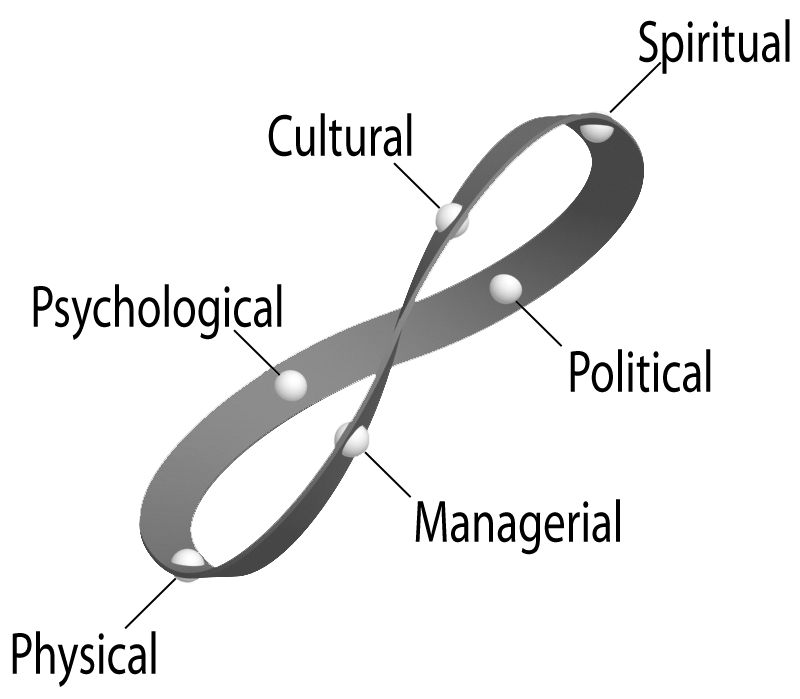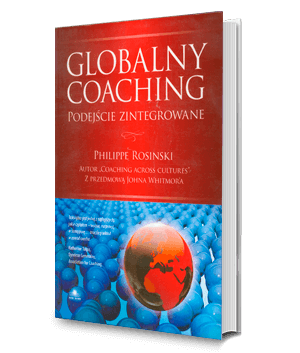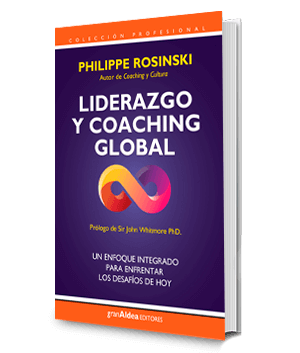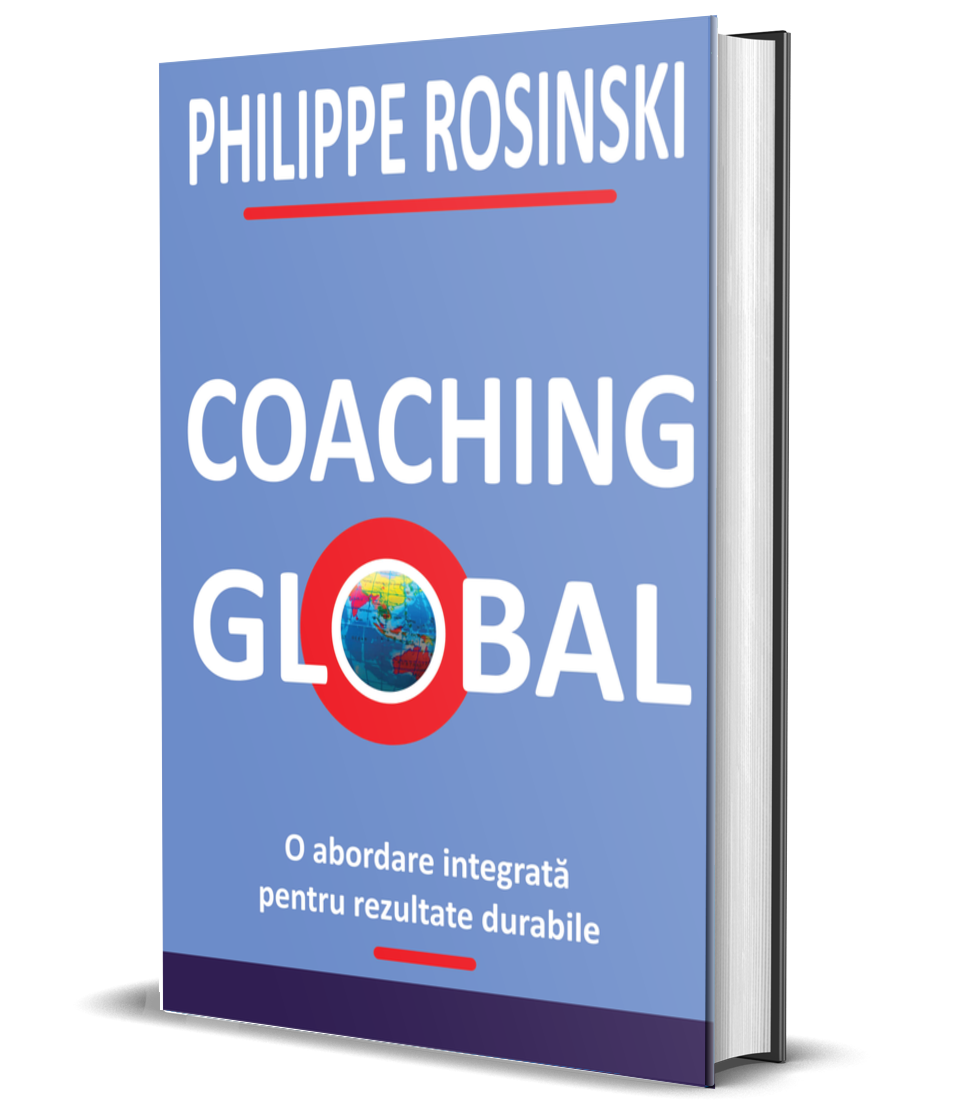Global coaching is the first coaching book to systematically embrace the complexity and interconnected nature of our reality. Global coaching is a holistic approach that leverages a broad range of interrelated perspectives, ranging from the physical to the spiritual (and including managerial, psychological, political and cultural). Global coaching helps to unfold our multifaceted potential. Global coaching is concerned with addressing the concrete challenges we face in our individual lives, with helping organizations and societies achieve sustainable success, together with promoting the planetary conditions for long term fulfillment. In fact, global coaching highlights how these seemingly separate goals are actually closely intertwined.
Global coaching is a break-through approach that :
- leverages multiple perspectives,
- promotes unity in diversity, and
- enables sustainable and meaningful results.
Foreword by Sir John Whitmore, PhD
Global Coaching is indeed the complete book of coaching. It is essential for all who wish to dabble in, study, practice, or even immerse themselves in the art of coaching. I hope it will also be read by many who are not coaches, but who wish to understand and enjoy more of the riches that life has to offer.
Coaching is a term used to describe an effective methodology for facilitating ourselves and others to grow and develop into the more complete human beings that we are capable of being—if only we believe it. Global Coaching may well help us to shed some of our self-limiting beliefs in favor of these inspiring, motivating ones.
The term global, as Philippe Rosinski uses it here, takes us far beyond the boundaries implied by Philippe’s very well-received previous book, Coaching Across Cultures (2003). In fact, the term here has no boundaries, for in parts, Global Coaching takes us beyond the physical earth and into the ethereal universe. As he does this, Philippe uses specific styles for each section of the book that emphasize his and its versatility. Global Coaching is constructed around six perspectives, and Philippe approaches each one with the optimum language and style for its subject matter (for example, by alternately using case studies in the “Management” section; academic models, tables, and diagrams in the “Psychology” section; and poetic language in the “Spirituality” section). In all six sections, Philippe demonstrates broad knowledge and deep understanding, supporting his assertions with many references from academia and literature—or, should I say, other wisdom.
Many coaches believe that coaches should always be on the coachee’s agenda and that they should not bring their knowledge or values into sessions. Philippe does not retreat into this belief. In fact, he does the opposite: he invites the reader to look, in some depth, at each of the main issues facing society—and indeed humanity—and take full account of them during the coaching process. This encourages further progress in the maturing of the coaching profession, which has already been underway during recent years.
Philippe accompanies the reader on a logical and helpful journey through the deeper meaning of coaching and its potential far-reaching impacts in our fast-changing, uncertain world. I have no doubt that a wide variety of readers will enjoy and benefit from this significant book—as will coachees.










